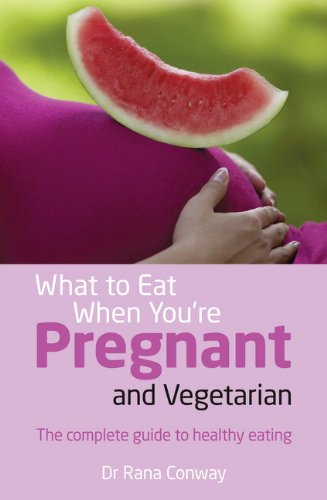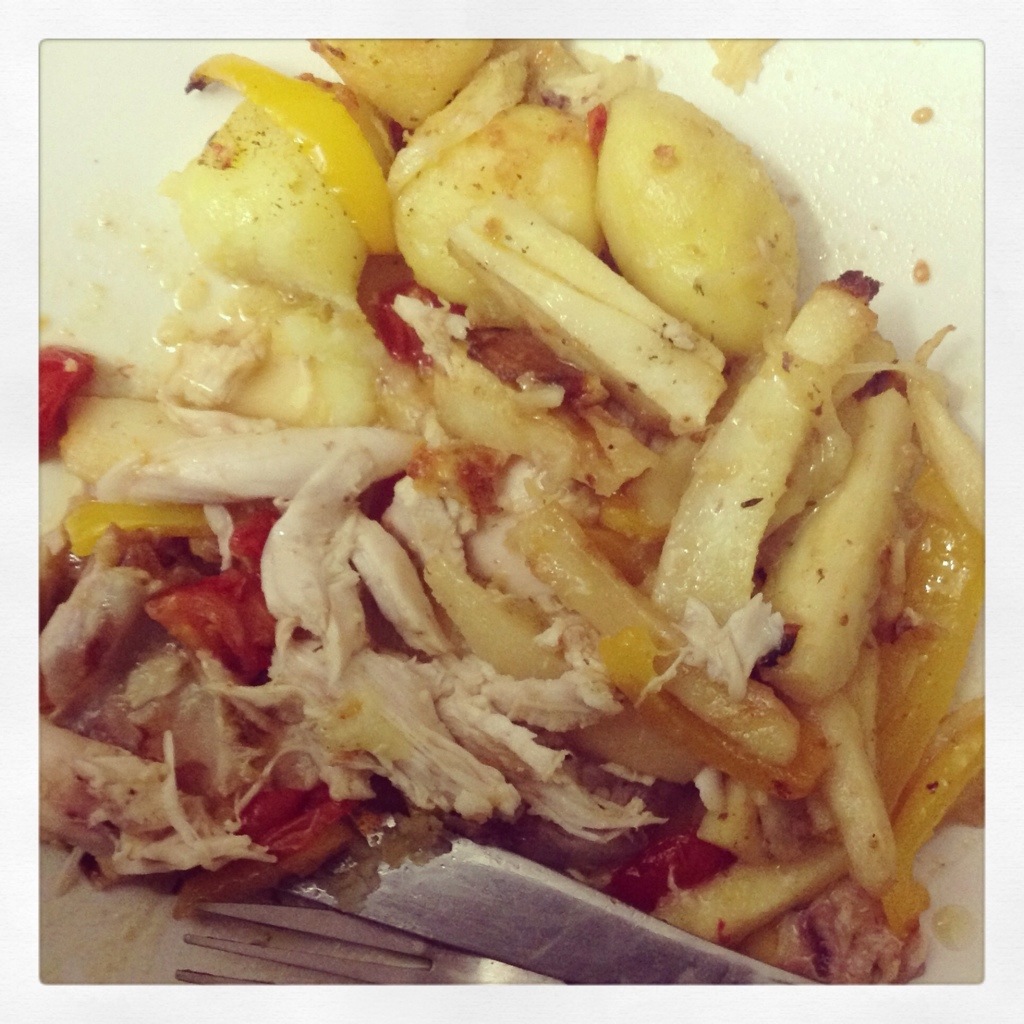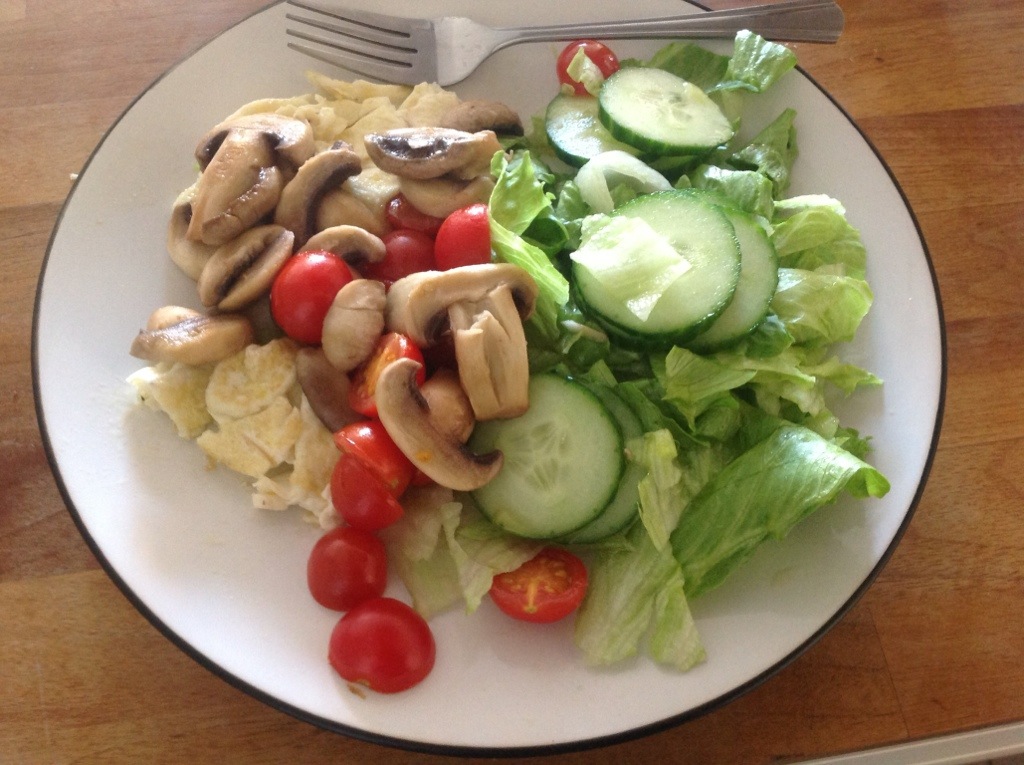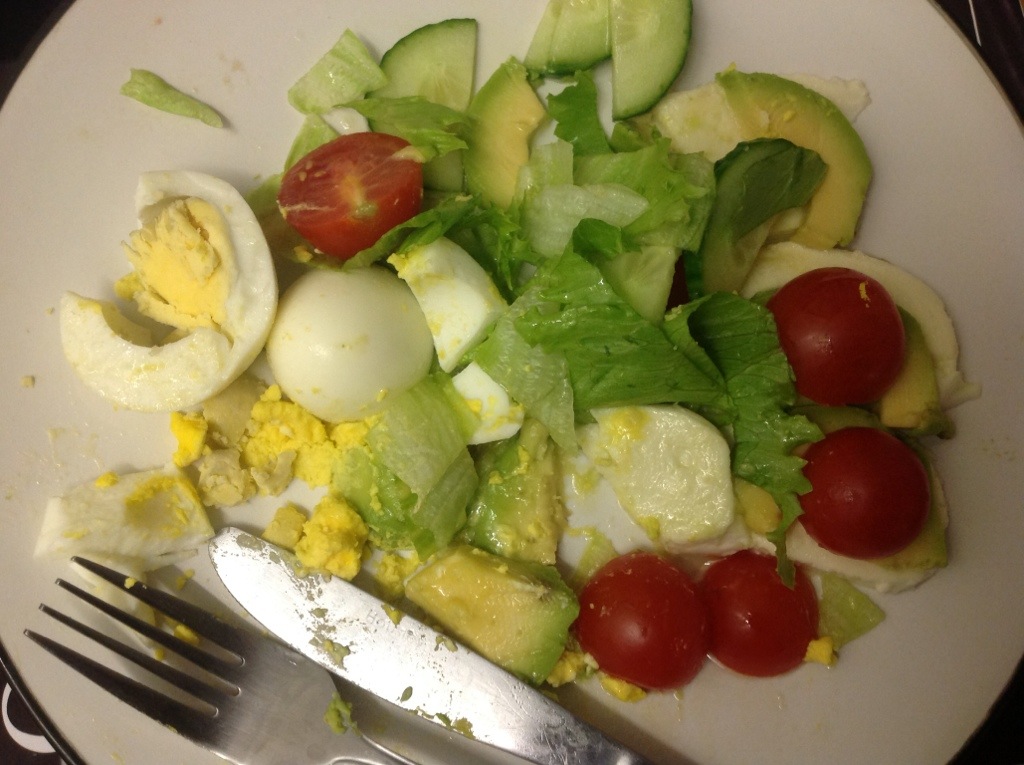Sport Relief is back again in March 2014 and promises to be even bigger and better. For the first time ever the Sainsbury’s Sport Relief Games will take place from Friday 21st to Sunday 23rd March 2014.
The public can join in with the fun and games by running, swimming or cycling their way to raising cash at over a thousand venues around the country, including the landmark events at Queen Elizabeth Olympic Park. Celebrity fitness expert Nicki Waterman has created a diet plan to help those training for the Games.
For those wanting to prepare for the Games, whilst sporting the new look in the kitchen, the specially designed Emma Bridgewater apron as worn by The Great British Sport Relief Bake Off ‘Star Bakers’ is available to buy from HomeSense and TK Maxx stores, for £12.99 with at least £6.50 going to Sport Relief.
Celebrity fitness expert Nicki Waterman says, “All the money raised from Sport Relief will be spent helping some of the most vulnerable people in the UK and across the world’s poorest countries – who wouldn’t want to be part of such a brilliant charity.”

Emma Bridgewater has created two limited edition aprons for Sport Relief available from HomeSense and TK Maxx stores
Main meals need to be based on slow release energy foods. These help to provide the energy needed to re-fuel exercised muscles.
In practice this means having things like porridge for breakfast, or other oat cereals like, sugar-free muesli or a couple of slices of granary bread with two boiled or poached eggs and a glass of fruit juice.
For lunchtime, it is a good idea to use tortilla wraps and pitta bread as the basis of your meal, adding to them some lean fillings like roasted chicken, reduced fat hummus or some avocado or cottage cheese; all with lots of salad.
At dinner-time, pasta and noodles or new potatoes make a great base to your meals. To these you can add some baked or grilled fish, lean meat like grilled steak or vegetarian options, or stir-fries with a meat substitute.
The next part of the plan is to ensure that you have the right snacks before, during and after you exercise.
About an hour to 30 minutes before you train, try to have a banana and a glass of juice or a handful of dried fruit and some water or a cereal bar.
When you are actually exercising, have another small snack once you are 30 minutes in. This can be an isotonic sports drink, which will give you a little energy boost to keep going beyond an hour.
Once you have finished, try to have another snack like a banana sandwich or a cereal bar within 30 minutes of finishing. This will start the process of beginning to refuel your muscles.
This may sound like a lot of food and if you try this pattern and find that you are actually putting on weight, then cut back on serving sizes at main meal times.
If you find on the other hand that you are shedding too much weight, have slightly larger servings at meal times.
Remember, it is quite common for female runners, cyclists or swimmers to end up with iron-deficiency anaemia. Try to include foods like bran flakes, baked beans, wholemeal bread, prunes, cashew nuts and lean red meat.
If you know that you do not eat these foods regularly, it may be worth considering a multivitamin and mineral supplement with around 10mg of iron a day to help keep levels topped up.








